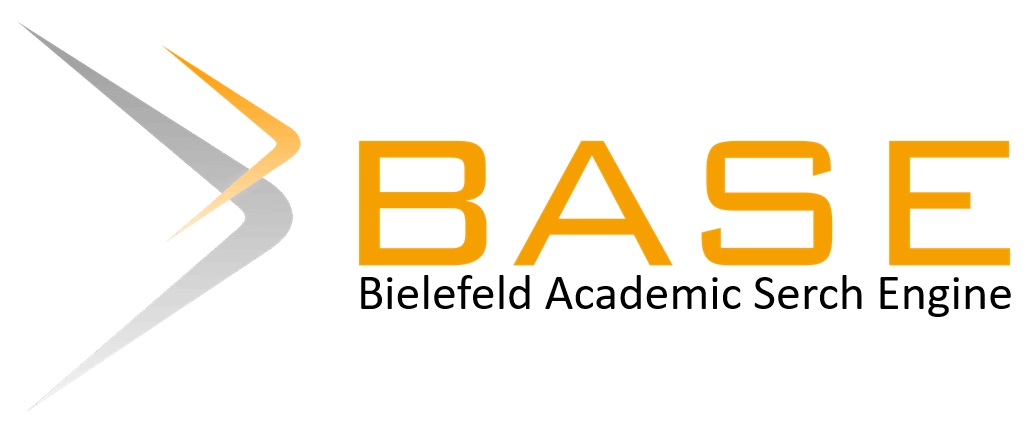IMPLEMENTASI NILAI-NILAI SOLIDARITAS SEMUT DAN NABI SULAIMAN DALAM SURAT AL-NAML PADA PENDIDIKAN AGAMA ISLAM
DOI:
https://doi.org/10.35316/edupedia.v2i2.334Keywords:
Solidaritas, al-Naml, PAIAbstract
This paper aims to describe, understand, search and retrieve messages of educational values, especially the value of solidarity on the story of ants and prophet Sulaiman in Surah al-Naml, to explain the implementation of solidarity education that existed in the Surah al-Naml in Islamic education in Indonesia. The story of ants and prophet Sulaiman a.s in Surat al-Naml contained various messages of educational values especially the value of solidarity for every reader. These values have been exemplified by ants, when the ant leader instructs his crew to immediately back into the nest because the prophet Sulaiman and his army will pass through the place. In this case, these small animals (ants) have exemplified the caring attitude towards others, mutual help, social feeling, sacrificial spirit, responsibility, and togetherness. To implement the solidarity education in Islamic education need three components, they are: planning, implementation, and evaluation. Planning of solidarity education in Islamic Religious Education can be done during the preparation of learning in the form of syllabus, semester program (promes), annual program (prota) and Lesson Plan (RPP) by incorporating the values of solidarity implicitly or explicitly. The implementation of solidarity education can be included in intracurricular and extracurricular learning.
Additional Files
Published
How to Cite
Issue
Section
License
Edupedia: Jurnal Studi Pendidikan dan Pedagogi Islam adopts the Creative Commons Attribution–ShareAlike 4.0 International License, which allows users to reproduce, modify, and distribute published articles in any medium for lawful purposes, provided that appropriate attribution is given to the original author(s) and the journal, the license is properly cited, any changes are clearly indicated, and derivative works are distributed under identical licensing terms.
Upon publication in Jurnal Kesehatan Vokasional, authors confer to third parties the rights to use their articles in compliance with the Creative Commons Attribution–ShareAlike 4.0 International License.
Copyright on articles is retained by the respective author(s), without restrictions. A non-exclusive license is granted to Edupedia: Jurnal Studi Pendidikan dan Pedagogi Islam to publish the article and identify itself as its original publisher, along with the commercial right to include the article in a hardcopy issue for sale to libraries and individuals.
![]()















